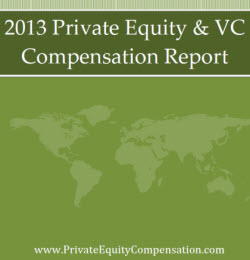Managers of private equity funds in Britain thought they had dodged a bullet when the initial rules from the Alternative Investment Fund Management directive were published last year. But, according to a consultancy report by Pricewaterhouse Coopers Intl, it appears that they have been swept up into a more far reaching interpretation of the directive by the European Securities and Markets Authority (ESMA) which seeks to apply the same pay rules to alternative investment fund managers (AIFM) as it does to banks. For the first time AIFMs will be forced to disclose their pay practices and comply with limitations on how cash payments and bonuses are made.
The original language of the controversial directive, which was introduced in 2010 in response to the credit crisis that enveloped Europe and the U.S., appeared to only target financial services firms which led AIFMs to believe that they fell outside the reach of the new rules. The clarifications are intended to align the remuneration practices of AIFMs with those of other financial services firms originally mandated by the Capital Requirements Directive.
At the core of the directive are the concerns of European regulators over the renewed risk of asset price inflation and the growth of structured credit markets spurred by hedge fund activities. The concerns over private equity fund activities relate more to the risk of credit availability and the financial condition of their portfolio companies, especially those that may require leveraged capital to sustain their viability.
Private equity firms will be required to limit the amount of cash paid in bonuses with a larger portion distributed in the form of deferred compensation concentrated in stock. Additionally, all financial remuneration to senior officers must be disclosed on an annual basis. Of particular concern to the private equity firms is the inclusion of carried interest as part of the new disclosure requirements which will severely limit competitive advantages used in attracting and hiring management talent. There are also concerns that the new remuneration limitations and disclosure requirements will discourage U.S. and other global equity funds from participating in the European market.
With implementation set for 2013, AIFMs will have two years to bring their policies and practices into compliance. According to AIFM experts at Pricewaterhouse Cooper, they will need every bit of that time to get their houses in order.

